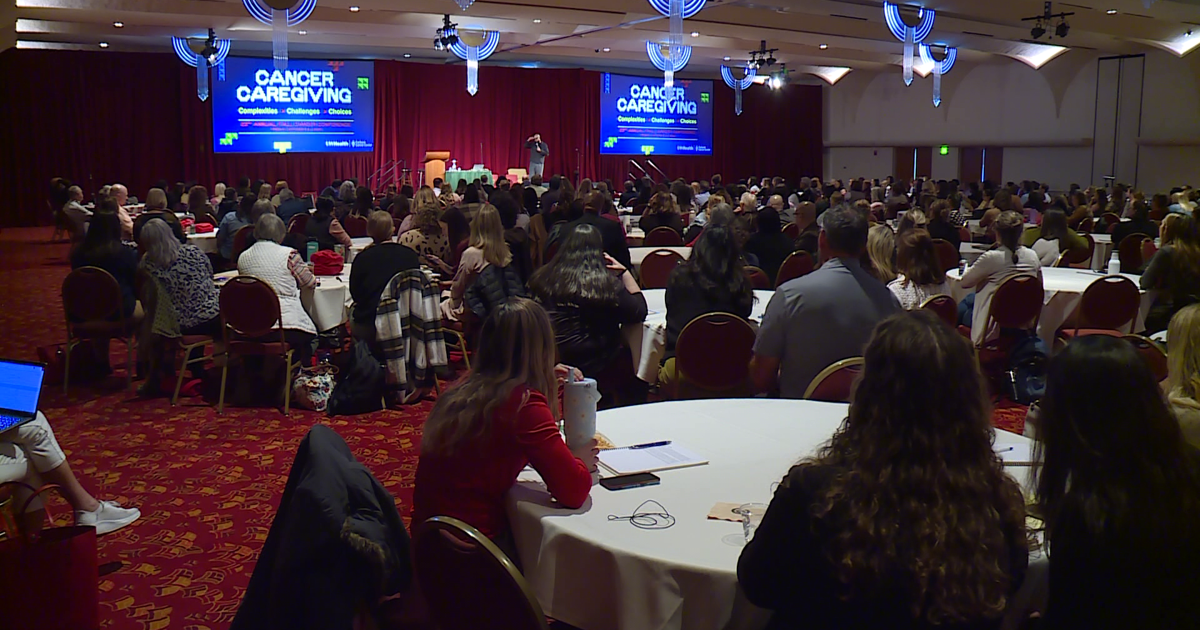
Conference Highlights Essential Support for Cancer Caregivers in Madison
MADISON, WI – The annual Fall Cancer Conference convened at the Monona Terrace in Madison, emphasizing the critical role of caregivers in the cancer journey. The event aimed to shed light on the often-overlooked challenges faced by families who support cancer patients, highlighting the need for more robust awareness and resources.
Speakers at the conference addressed various dimensions of caregiving in the context of cancer. Dr. Kristin Litzelman, an associate professor at the University of Wisconsin-Madison’s School of Human Ecology, served as one of the key presenters. She emphasized a prevalent issue: many family members of cancer patients do not identify themselves as caregivers. This lack of recognition can lead to missed opportunities for accessing essential support resources.
“Cancer affects not just the individual diagnosed, but reverberates through the entire family unit,” Litzelman stated in an interview with 27 News. “Recognizing one’s role as a caregiver and understanding the shared experiences of others in this situation can provide a much-needed sense of connection and support. It’s vital for caregivers to know that they are not alone, and there are people who truly empathize with their journey.”
In addition to fostering an understanding of the caregiver experience, Litzelman called for a more comprehensive approach from healthcare professionals. She stressed that nurses and doctors should be aware of the extensive responsibilities caregivers shoulder when a patient is at home. This understanding is crucial for healthcare providers in order to offer meaningful support and resources tailored to the needs of caregivers.
The Fall Cancer Conference not only served as a platform for sharing insights but also as a reminder of the broader impact of cancer on families. Numerous workshops and discussions provided participants with strategies to cope with the emotional and logistical challenges of caregiving.
As cancer continues to affect millions of families across the globe, this conference highlights the importance of support networks for caregivers. With increased awareness and resources, caregivers can better navigate their vital roles, ultimately contributing to improved outcomes for patients as well.
By fostering dialogue around the challenges caregivers face, conferences like this serve as critical steps toward ensuring that those providing care receive the support they need and deserve. For more information on caregiver resources, individuals are encouraged to explore local support groups and associations dedicated to cancer care and assistance.


